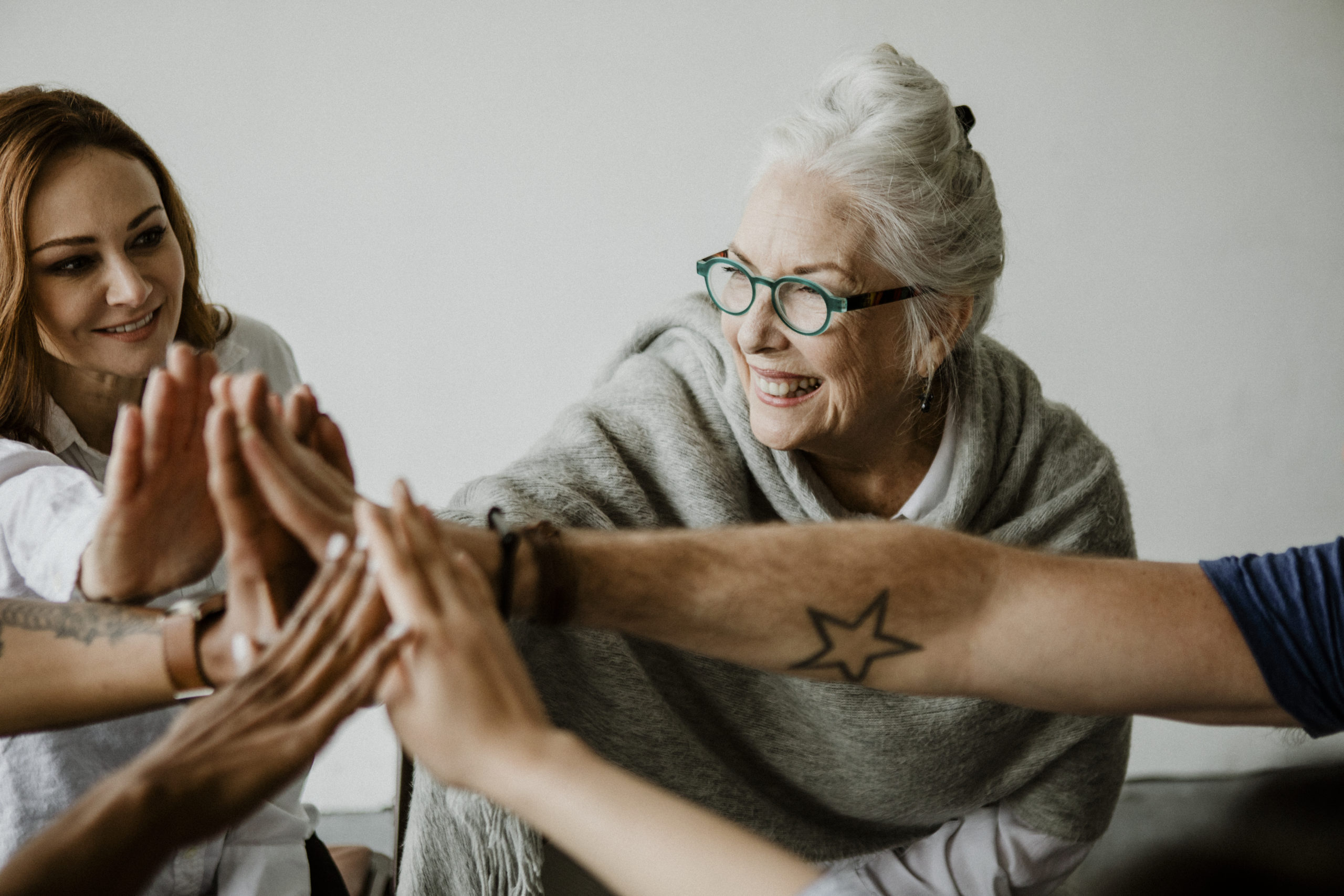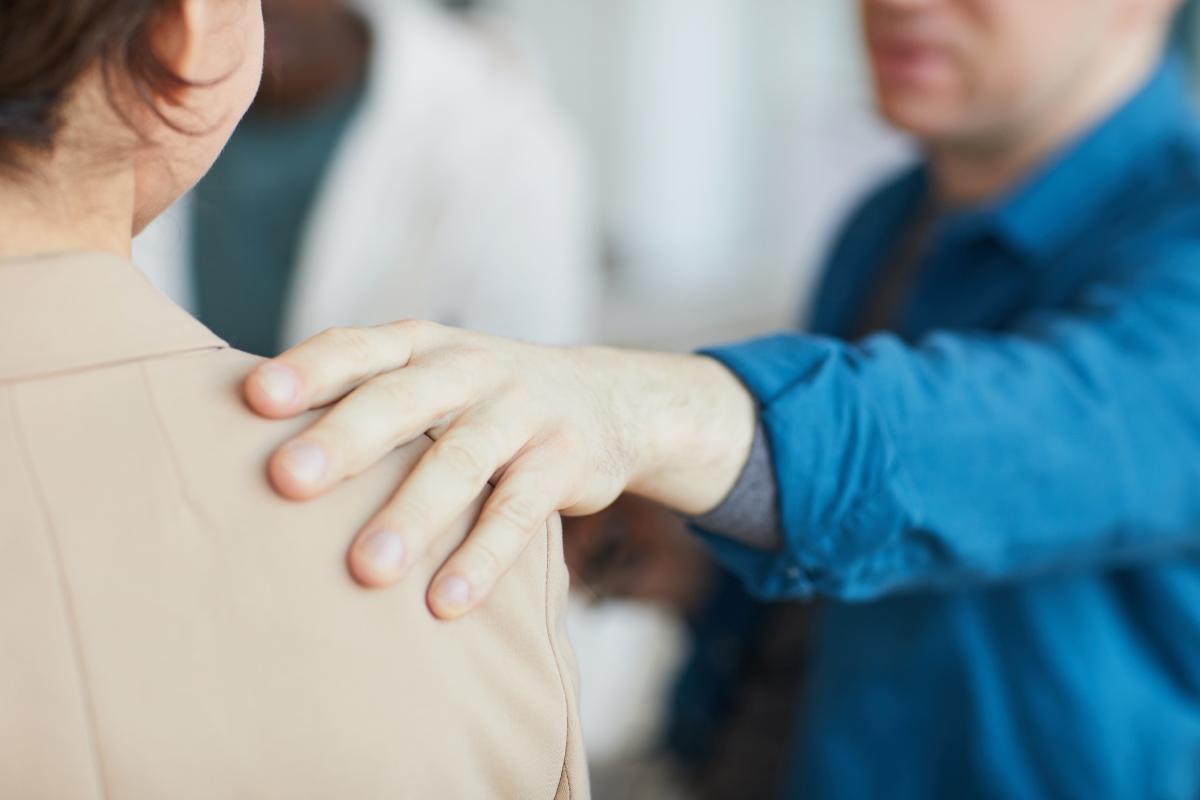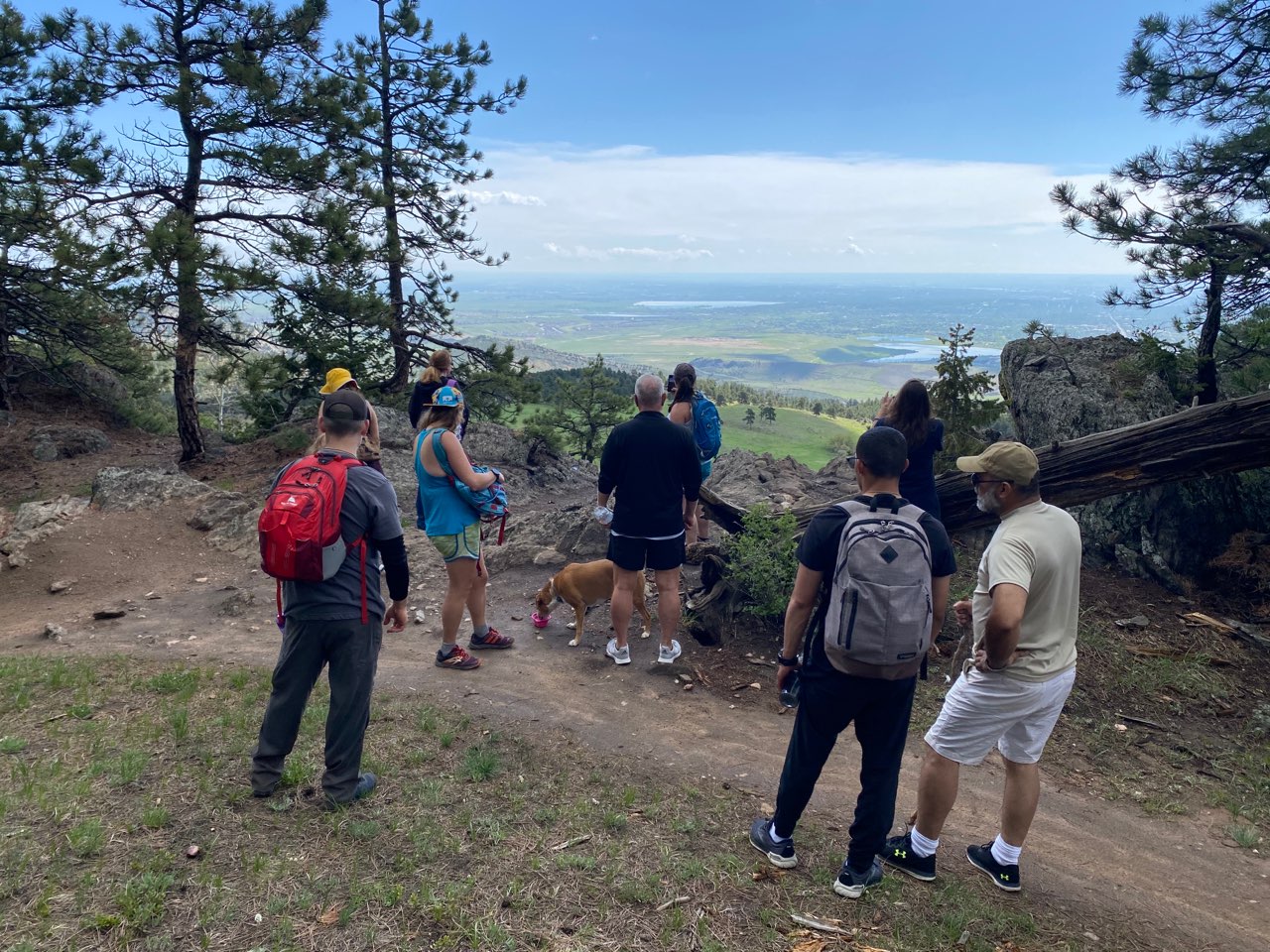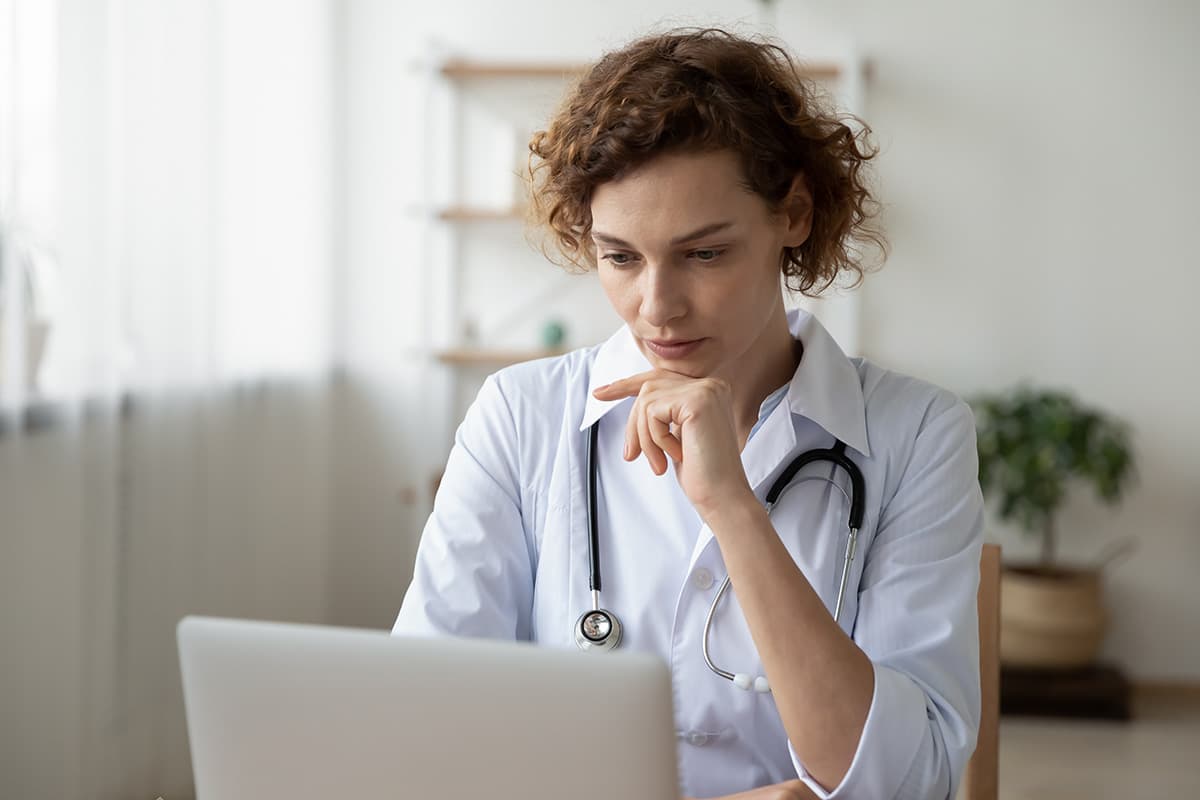The holiday season is when most people who struggle with alcohol addiction will relapse as peer and society pressure to drink is very heavy this time of year. To help you with your cravings for alcohol on Thanksgiving and other holidays, enrolling in an alcohol addiction treatment program can teach you healthy coping skills so you can say no to alcohol while still enjoying the holiday season with friends and family.
At Colorado Medication Assisted Recovery, we can help you have a sober Thanksgiving. Our alcohol addiction treatment program can help you discover your triggers and build healthy coping skills to say no to the drink and yes to a sober lifestyle. If the holidays are tough for you to maintain your sobriety, call 833.448.0127 today to speak with our caring staff about our alcohol addiction treatment program.
Tips for Having a Sober Thanksgiving
The holiday season is synonymous with drinking. Having alcohol on Thanksgiving is something we learned from watching our parents drink and celebrate with friends and family since we were young. To help you have a sober Thanksgiving and reduce the chances of relapse, follow these tips for having a sober Thanksgiving:
- Plan ahead – Prepare yourself mentally for being around alcohol. Remind yourself you don’t need or want alcohol.
- Attend a meeting – Attending meetings is a great way to talk about the pressures of staying sober during the holidays and ease your stress.
- Host an alcohol-free Thanksgiving – Hosting your Thanksgiving party eliminates being around alcohol and makes staying sober easier. Invite friends from your sober community to join in along with your family.
- Let everyone know you are not drinking – Your close family and friends should know that you are sober and want to stay that way. By talking about it, they can help you stay sober.
- BYOBeverage – Bring your own non-alcoholic beverage to lessen your temptations and have something to drink at the ready.
- Invite a sober friend – Having a sober friend with you will be a big help when everyone around you is drinking. And someone to talk to when cravings are strong.
- Call your support team – Your cravings and triggers will always be with you. If you feel an urge to drink, step away from the party and call your support team for reassurance.
- Remember your coping skills – Remember the skills you learned during your alcohol addiction treatment program. They are there to help you maintain your sobriety.
Enrolling in an Alcohol Addiction Treatment Program
Sober holidays are not an impossibility when you support peers and staff at an alcohol addiction treatment program. An outpatient program allows you to continue with your busy life while attending therapy sessions built around a working professional’s schedule. With Thanksgiving just around the corner, you want to have access to treatment programs that can give you the support you need during the holidays. An outpatient alcohol addiction treatment program will include:
- Individual and group therapy
- Family counseling
- Medication-assisted treatment
- Case management and peer support
- Telehealth programs for virtual support
Enrolling in an alcohol addiction treatment program before the holidays begin can help strengthen your resolve on your recovery and practice your coping skills to help ignore your cravings for alcohol on Thanksgiving.
Colorado Medication Assisted Recovery Can Help You Enjoy Your Sober Holidays
At Colorado Medication Assisted Recovery, we are here to help you cope with the increase in alcohol on Thanksgiving that will be all around you. Office parties, friends gathering at bars, and family get-togethers are trigger points that can lead to a relapse. Our behavioral and medication-assisted treatment programs can help you maintain your sobriety during the holidays.
If you struggle with your sobriety during the holidays, call 833.448.0127 today to speak with our friendly and compassionate staff about our alcohol addiction treatment program and how we can help you enjoy a sober Thanksgiving.




 For those in recovery from addiction, finding new healthy hobbies should be a priority. Addiction can cause physical and mental health issues that different activities can help participants recover from. Additionally, addiction can be isolating. Those who are
For those in recovery from addiction, finding new healthy hobbies should be a priority. Addiction can cause physical and mental health issues that different activities can help participants recover from. Additionally, addiction can be isolating. Those who are 

















